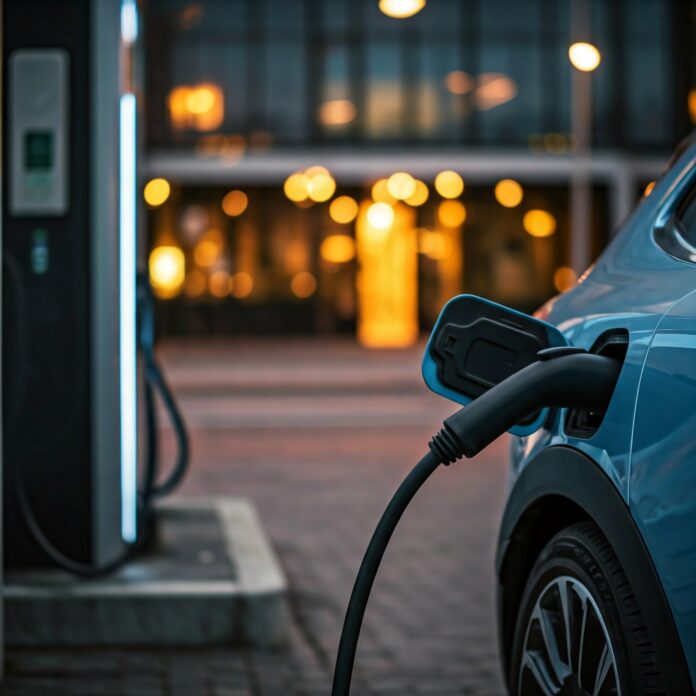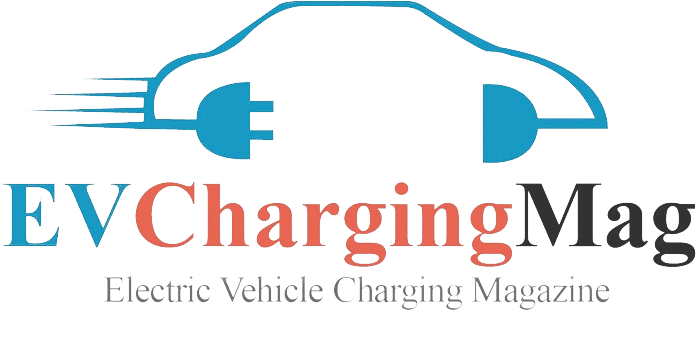The U.S. Department of Transportation’s Federal Highway Administration (FHWA) announced $635 million in grants to accelerate the build-out of electric vehicle (EV) charging and alternative fueling infrastructure across the country. This funding comes from the Bipartisan Infrastructure Law’s zero-emission refueling infrastructure programs.
Key Takeaways
- Over 11,500 EV Charging Ports and Hydrogen/Natural Gas Stations Funded: The grants will support the deployment of more than 11,500 EV charging ports and hydrogen and natural gas fueling infrastructure along designated corridors and within communities across 27 states, four Federally Recognized Tribes, and the District of Columbia.
- Focus on Equity and Accessibility: $368 million is allocated for “community” projects expanding EV charging infrastructure within communities, while $268 million goes towards “corridor” fast-charging projects on designated Alternative Fuel Corridors. This ensures both urban and rural areas benefit, and 67% of funding goes to disadvantaged communities, aligning with the President’s Justice40 Initiative.
- Boost for Domestic Manufacturing and Clean Energy Goals: The initiative incentivizes private sector investment in EV charging infrastructure and manufacturing, creating jobs and supporting the transition to a clean energy economy.
Examples of Funded Projects
- Cherokee Nation: Receives $10.7 million to install 112 public EV chargers across 12 locations, ensuring nearly the entire reservation has charging infrastructure within 25 miles.
- City of Troy, Alabama: Receives $724,912 to install 10 new charging stations at key locations like the hospital, museum, and university, bridging the gap in public EV charging infrastructure.
- Port Authority of Houston: Receives nearly $24.8 million to construct a hydrogen fueling station for heavy-duty trucks in Bayport, Texas, supporting national clean hydrogen strategies.
- Multi-State I-81/I-78 Corridor Project: Receives $18.6 million to deploy alternative fueling infrastructure along the I-81 and I-78 corridors, including six fast charging stations.
Overall Impact
This significant investment aims to make EV charging as convenient as filling up at a gas station, accelerating electric vehicle adoption and reducing greenhouse gas emissions. It also fosters job creation, economic growth, and equitable access to clean transportation options nationwide.
Source: Federal Highway Administration

